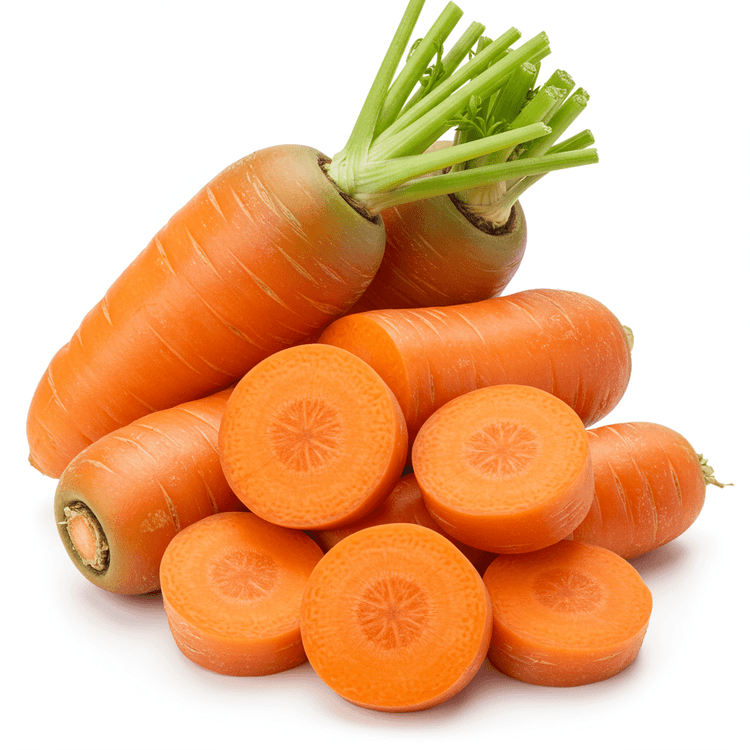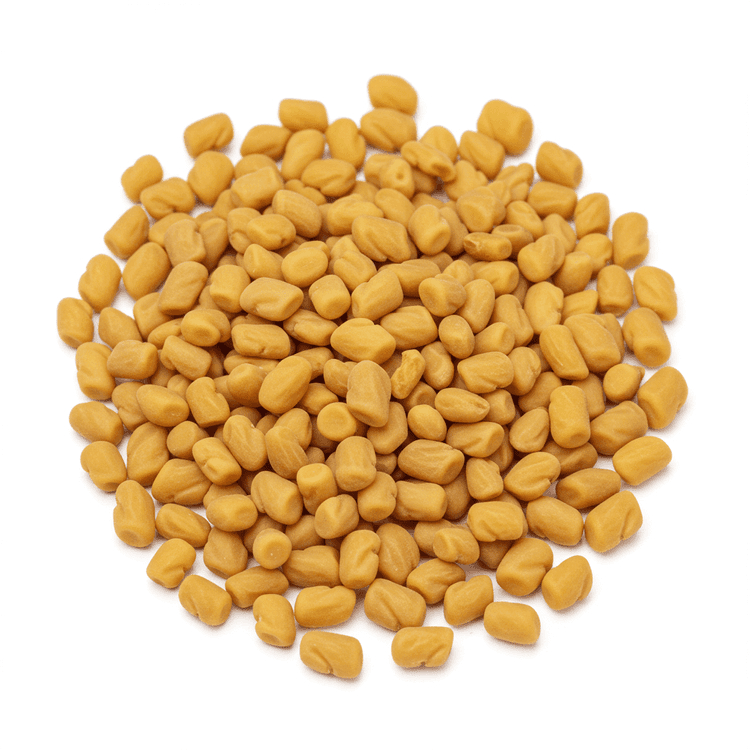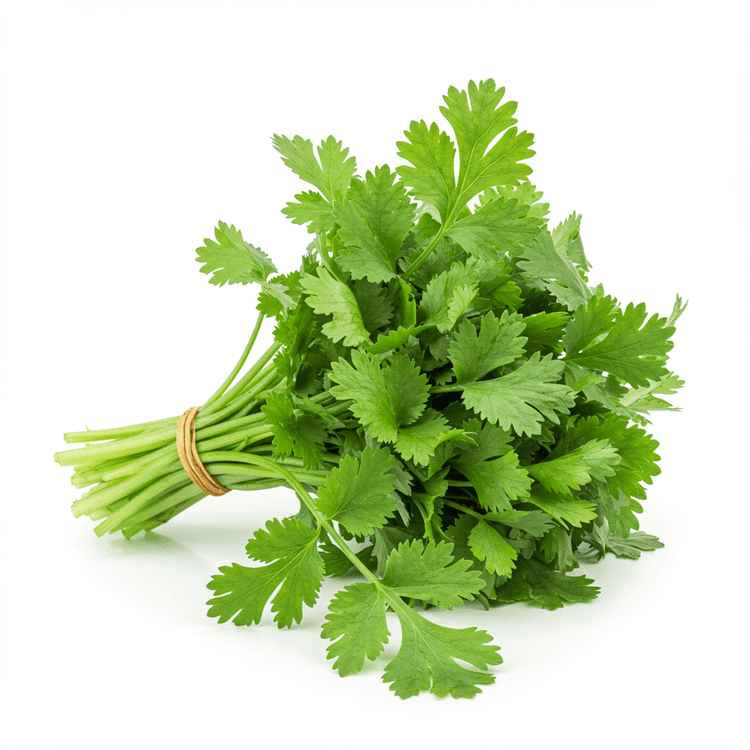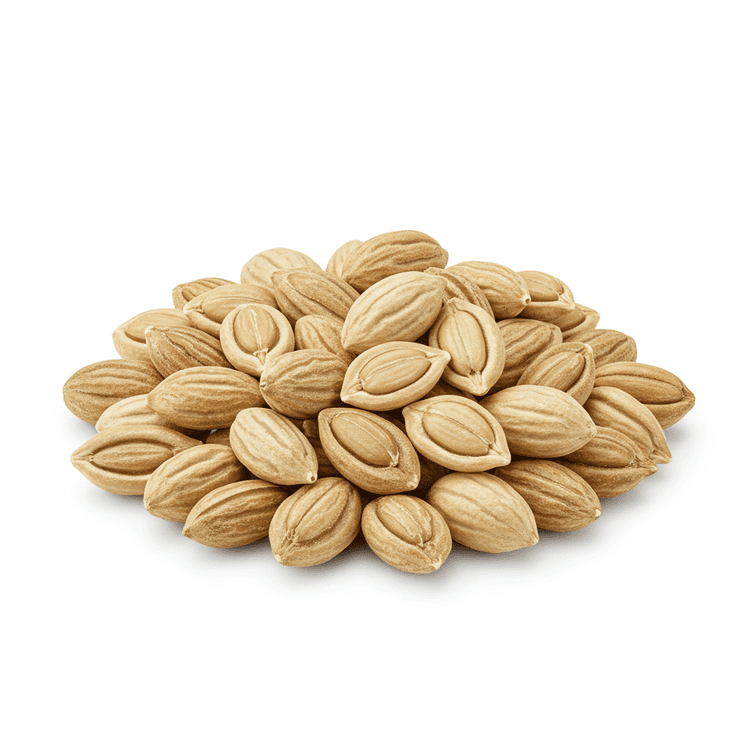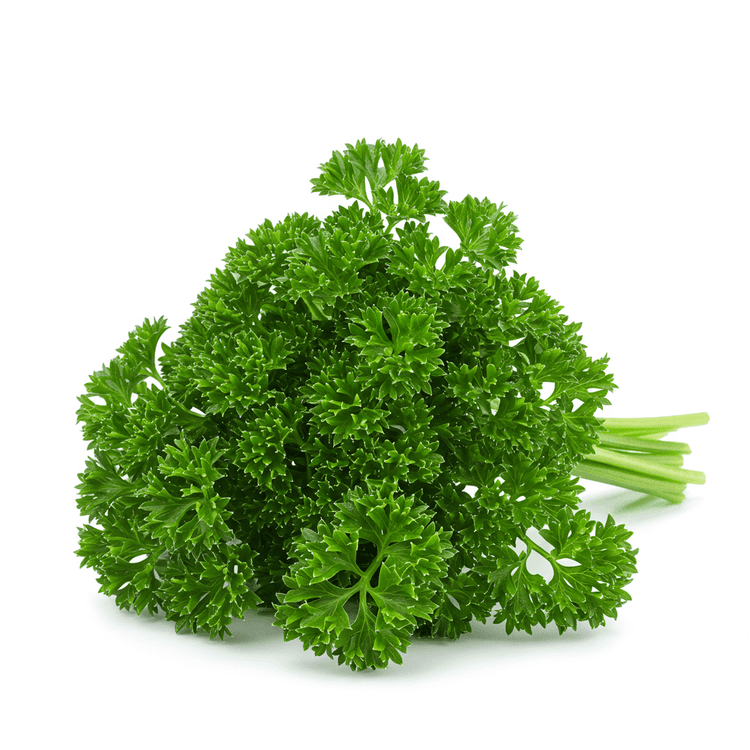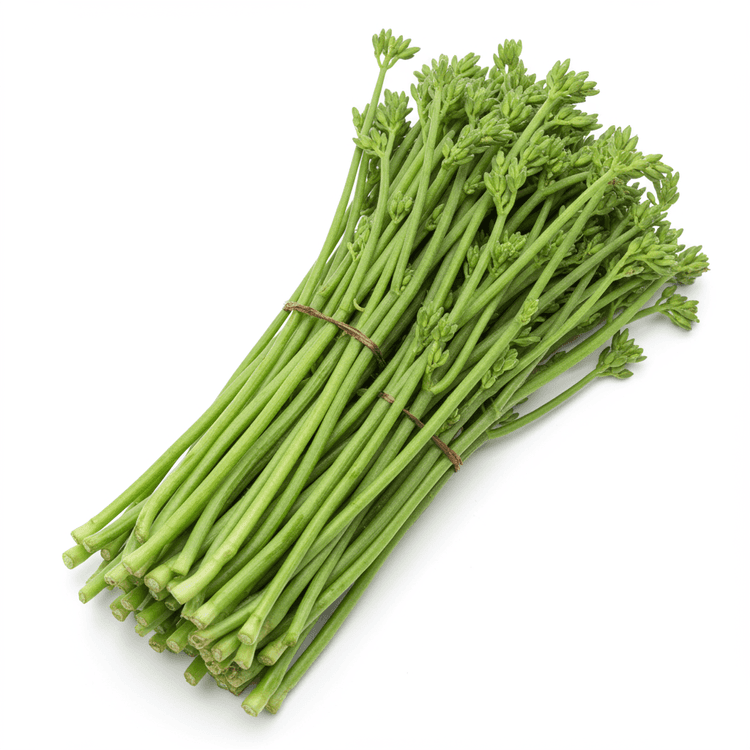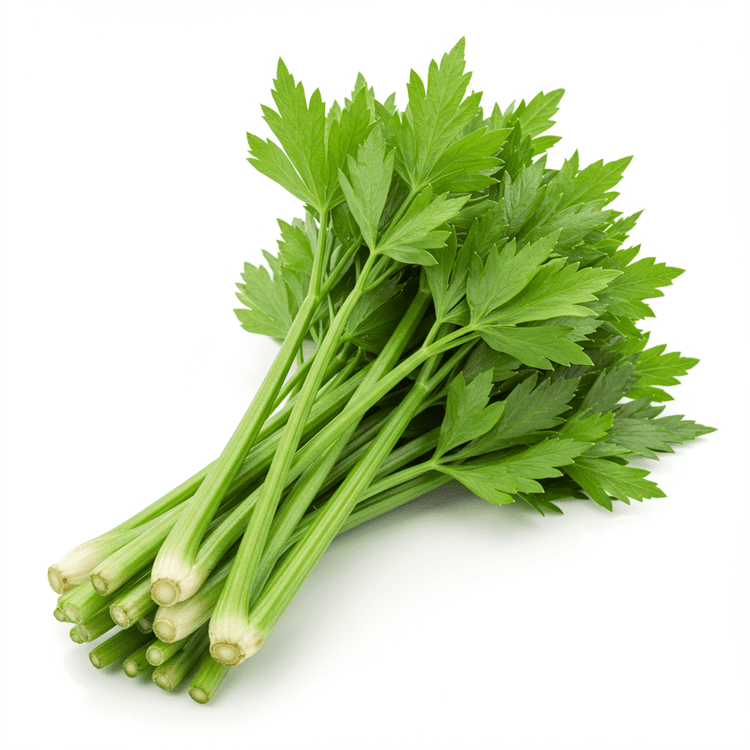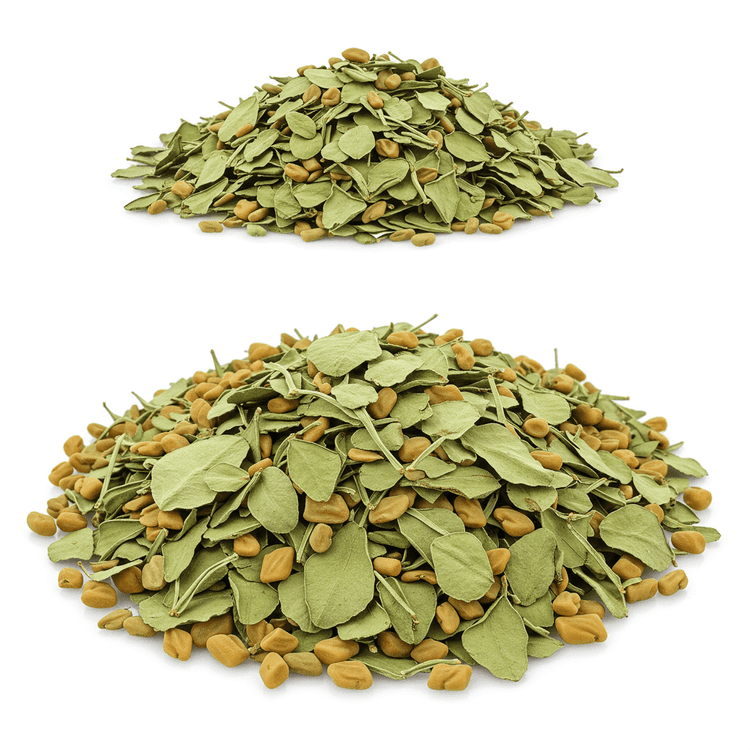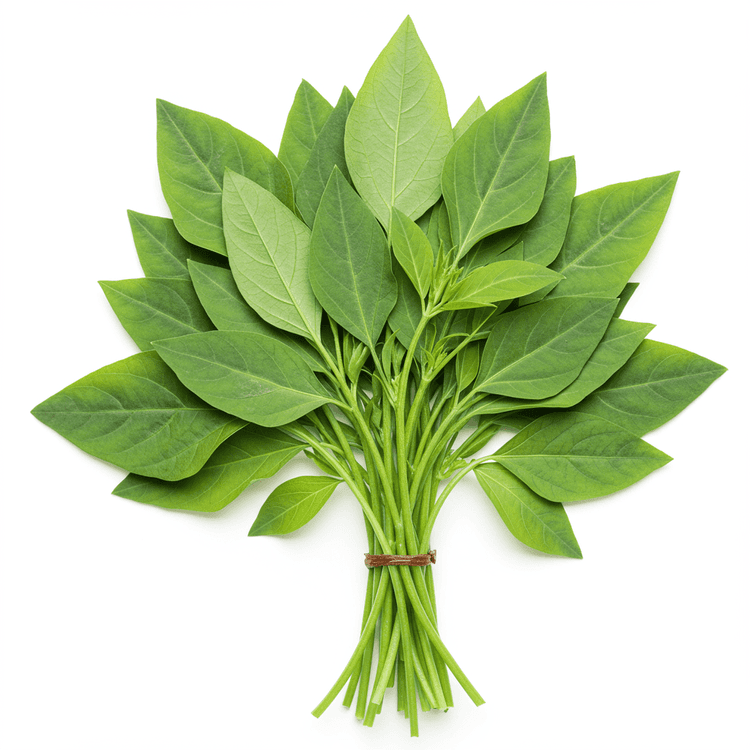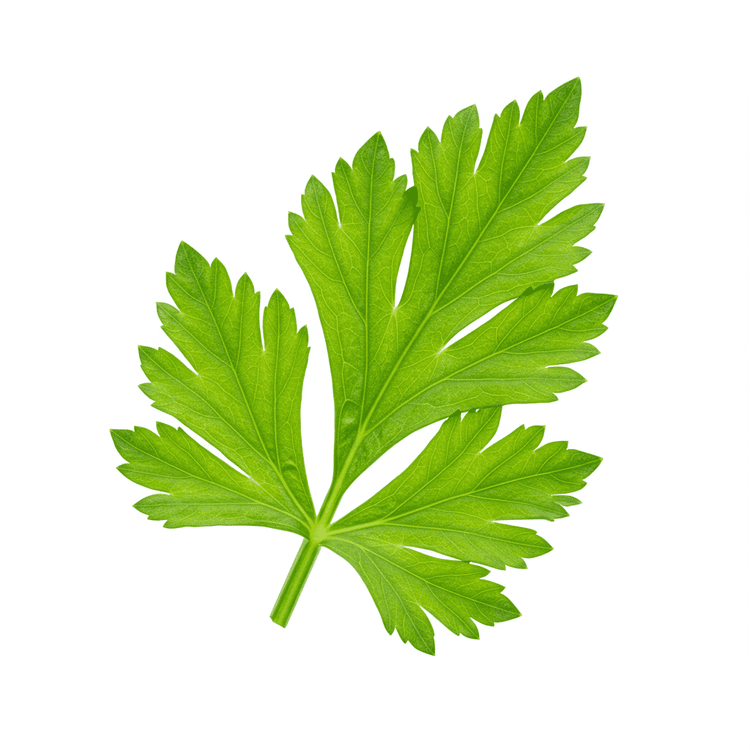
Celery Leaf
Celery leaves, often overlooked, are a vibrant and flavorful part of the celery plant. These feathery, bright green leaves offer a more intense celery flavor than the stalks themselves. They have a slightly peppery, fresh taste and a delicate, tender texture. Use fresh celery leaves to add a herbaceous, aromatic note to your cooking. Looking for a way to use the whole celery plant? Don't discard those leaves!
Common Uses
- Looking for a way to boost the flavor of your homemade chicken stock? Add a handful of fresh celery leaves for a richer, more aromatic broth.
- Want to brighten up your salads? Finely chop celery leaves and incorporate them into mixed greens, potato salad, or coleslaw for a fresh, herbaceous kick.
- Searching for a garnish to elevate your dishes? Use celery leaves as a visually appealing and flavorful garnish for soups, stews, and vegetable platters.
- Need an alternative to parsley in your favorite recipes? Celery leaves can be used as a substitute for parsley in many dishes, offering a similar fresh, green flavor.
- Trying to make a flavorful pesto without basil? Blend celery leaves with nuts, garlic, cheese, and olive oil to create a unique and vibrant pesto.
- Searching for an addition to your smoothies? Add fresh celery leaves to your next smoothie for a fresh slightly peppery taste.
Health Benefits
- Rich in Vitamin A, essential for vision, immune function, and cell growth.
- Contains Vitamin C, a powerful antioxidant that supports immune health and protects against cell damage.
- Good source of Vitamin K, important for blood clotting and bone health.
- Provides folate (Vitamin B9), vital for cell growth and development, particularly during pregnancy.
- Offers dietary fiber, promoting healthy digestion and gut health.
- Contains minerals like potassium, which helps regulate blood pressure.
Substitutes
Chefadora AI is here.
Experience smarter, stress-free cooking.
Storage Tips
Celery leaves are best used fresh. To store, wrap them loosely in a damp paper towel and place them in a plastic bag or container in the refrigerator. This helps to maintain their moisture and prevent wilting. They will typically last for up to a week when stored properly. Avoid storing them near fruits like apples or bananas, as the ethylene gas they release can cause the leaves to spoil faster. For longer storage, you can freeze celery leaves. Chop them and place them in ice cube trays with water or broth, then freeze. Once frozen, transfer the cubes to a freezer bag. You can also dry celery leaves in a dehydrator or low oven for use as a seasoning.
Marnirni-apinthi Building, Lot Fourteen,
North Terrace, Adelaide, South Australia, 5000
Australia
